Praise for Billionaire Democracy
The economic inequalities of our era are bad enough in themselves. Far worse is their distorting effect on Americas political processes. Everyone knows about these problems. George Tyler offers clear, original, and inventive solutions.
James Fallows, The Atlantic
George Tylers Billionaire Democracy is a profound, clearly and provocatively written indictment of the American political system by an insider who has seen up close how it works. This book is a must-read for all sentient American citizens.
Clyde Prestowitz, author of The Betrayal of American Prosperity and president of the Economic Strategy Institute
A powerful critique of Americas dysfunctional democracy. Tyler vividly illustrates how government policy is bent to serve the needs of the wealthy few and shows that only fundamental political reforms can make America truly democratic.
Martin Gilens, author of Affluence & Influence: Economic Inequality and Political Power in America

Copyright 2018 by George R. Tyler
All rights reserved. No part of this book may be used or reproduced in any manner whatsoever without written permission except in the case of brief quotations embodied in critical articles or reviews.

BenBella Books, Inc.
10440 N. Central Expressway, Suite 800
Dallas, TX 75231
www.benbellabooks.com
Send feedback to feedback@benbellabooks.com
First E-Book Edition: January 2018
Library of Congress Cataloging-in-Publication Data is available upon request.
ISBN 978-1-942952-92-3 (paperback)
ISBN 978-1-944648-93-0 (electronic)
Editing by Eric Wechter
Copyediting by J.P. Connolly
Proofreading by Lisa Story and Cape Cod Compositors, Inc.
Indexing by George R. Tyler
Text design by Publishers Design and Production Services, Inc.
Text composition by PerfecType, Nashville, TN
Front cover by Bradford Foltz
Full cover by Sarah Avinger
Cover illustration by Ralph Voltz
Printed by Lake Book Manufacturing
Distributed to the trade by Two Rivers Distribution, an Ingram brand
www.tworiversdistribution.com
Special discounts for bulk sales (minimum of 25 copies) are available. Please contact Aida Herrera at aida@benbellabooks.com.
Toward a Better Democracy
for Alexia, Tibber, and Tippi
 CONTENTS
CONTENTS 

Fifty-seven percent of surveyed Albuquerque voters think that federal elections are overly influenced by special interest money. In contrast, only 23 percent think that Albuquerque elections are overly influenced by special interest money... Seventy-one percent believe that [campaign] spending limits improve
US District Court, D. New Mexico, September 2001
Well, I checked the Citizens Clean Election commission website this morning and it says that this act was passed to level the playing field when it comes
Chief Justice John Roberts, Arizona Free Enterprise Clubs Freedom Club PAC v. Bennett, 2011
In Germany, giving money in politics is always seen as trying to buy access.
Andrea Rmmele, Hertie School of Government (Berlin)
F OUR IN FIVE AMERICANS support higher minimum wages, mandated paid sick leave, and filling gaps in Social Security coverage by raising taxes on the wealthy. These and a host of similar popular policies are commonplace in wealthy democracies like Australia and Germany, but not in America. This countrys failure to reflect supermajority preferences in its public policies marks it as a low-quality democracy.
The search for ways to improve the quality of Americas democracy begins with
Aristotle also observed that oligarchs are naturally displeased by democracy. Democracys evolution in Europe over the last millenniumespecially after voting for representatives began in Britain in 1430has been a struggle marked by revolution, regicide, and debate as kings and elites resisted being corralled. Democracy, let alone high-quality democracy, has historically been a tenuous conditionit is under continuous threat from plutocrats and authoritarians and is thus hard won and hard to sustain. Todays America provides real-time evidence of that historic fact, and Billionaire Democracy explains why.
Americas founding fathers suit. In 1787, only a handful of years after expanding the vote, America adopted a constitution that explicitly rejected the seminal principle of political equality.
At the root of this rejection is a protest known as Shays Rebellion. In 1786, farmers in western Massachusetts protested high taxes and limited credit. In response, the Massachusetts legislature in early 1787 rushed through laws imposing progressive taxes, providing debt relief, and facilitating the printing of (easy) money. Their reaction revealed for the first time in the new nation the power of a vastly expanded electorate to sway lawmakers.
Bankers, wealthy colonials, and merchants were stunned, and quickly developed misgivings about the consequences of a grandly expanded electorate. To address their concerns about
Three Imperatives of the Constitution
The framers not only had misgivings about the outsize influence voters could wield on policy decisions when given full equality and sovereignty, but they also wanted to ensure that lawmakers themselves could not be unduly influenced. The Constitution addressed their concerns about legislative decision making in three ways.
First, the framers stripped power from voters, placing policy decisions in the hands of senators, federal judges, and a president selected by elites. Hamilton expressed the intent that All men of respectability... must [ensure] that the power of government is entrusted to proper hands.
The framers retreat from a government featuring voter sovereignty
As historian Michael Klarman accurately summarized, The Constitution was designed to reverse the democratic trajectory of American politics.
Second, the framers sought to enhance the independence and integrity of the representatives by banning bribery Their fear was existential: The framers believed the success of the new nation hinged on preventing bribery in any guise.
The
Madison and his fellow framers viewed the choice starkly. A democracy whose voters are misinformed or otherwise lack factual information and thus the power knowledge gives, will assuredly be a troubled nation, destined to become a farce or worse. Abraham Lincoln, Americas greatest president, shared the founders obsession with the centrality of facts to a democracy: I have faith in the people. They will not consent to disunion. The danger is, that they are misled. Let them know the truth and the country is safe.
The Low Quality of American Democracy Is Documented by the Income Bias
The low quality of American democracy reflects the failure of lawmakers and the Supreme Court to honor and operationalize the second and third imperatives set forth by the framers. They have failed to corral political corruption or to seek an electorate armed with facts. These failings are long-standing, but have become considerably more pronounced in recent years. Above all, the embrace of
Next page
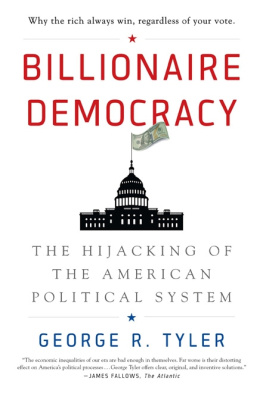
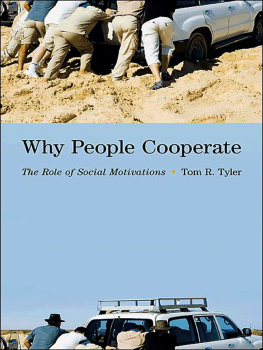




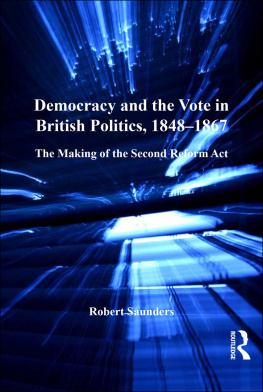
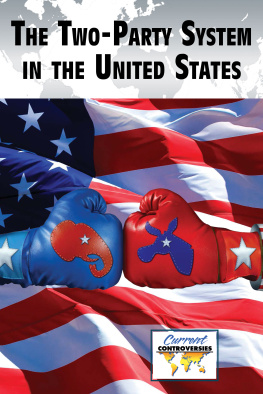
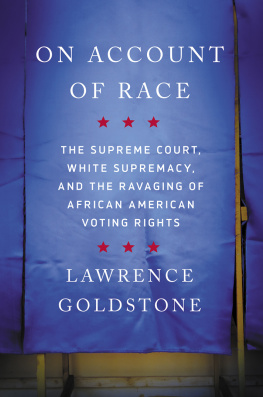
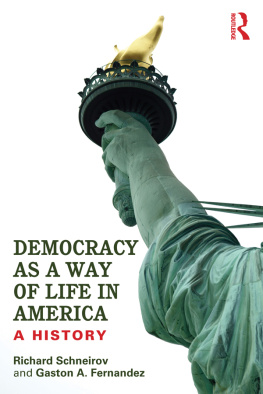
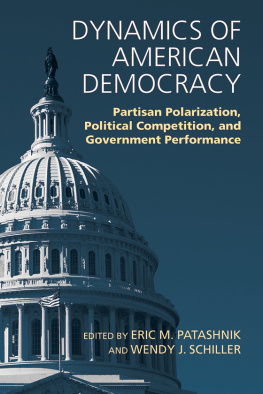
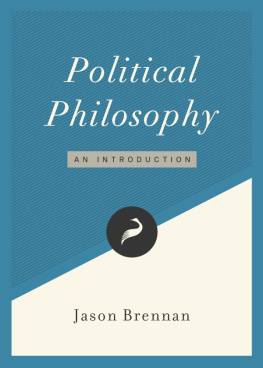

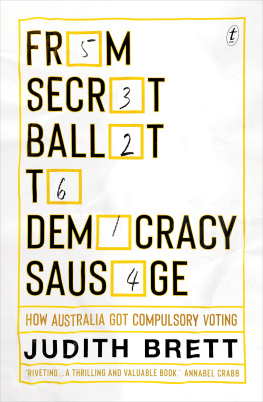
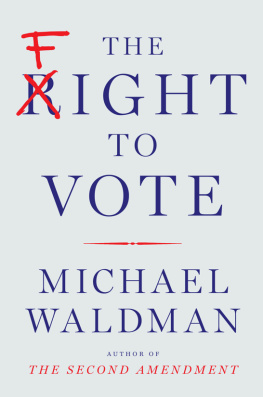
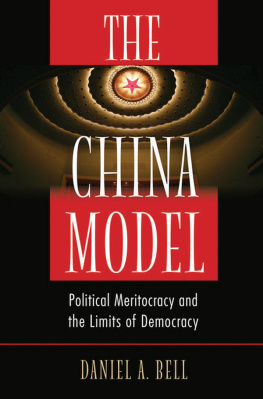
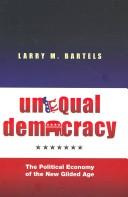


 CONTENTS
CONTENTS 